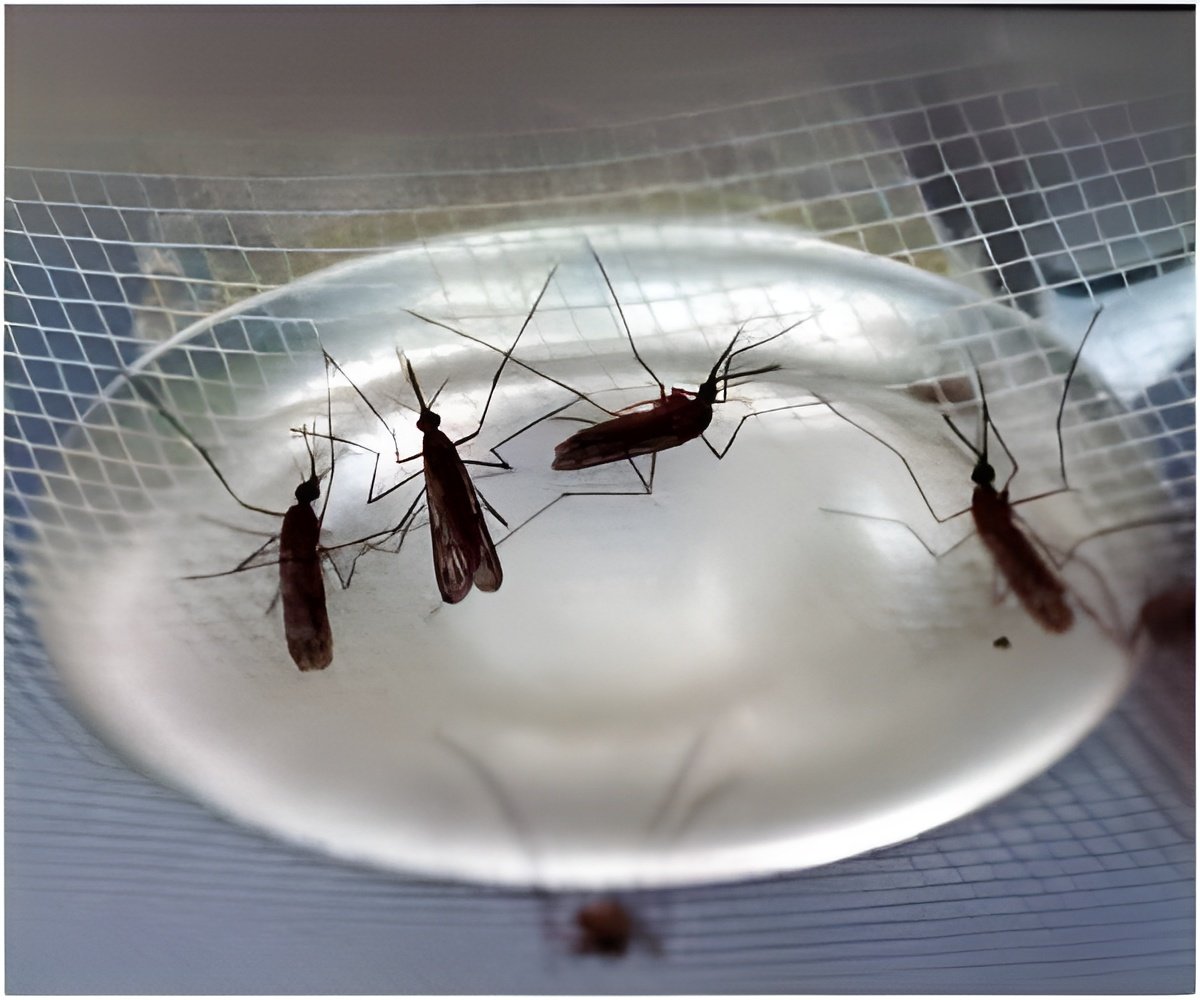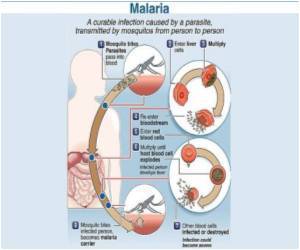
Researchers from Britain and France said they had identified genes in the Plasmodium falciparum parasite which produce enzymes called kinases.
Thirty-six kinases are needed for the parasite to develop in human blood cells, a key part of its complex life cycle, they reported in the journal Nature Communications.
"We are now looking for drugs that... stop the protein kinases from working. If we find these drugs then we will have a new way of killing the malaria parasite," said Christian Doerig of France's Institut National de la Sante et de la Recherche Medicale (Inserm).
Andrew Tobin of Britain's University of Leicester said the search for a new weapon was vital, given the parasite's dismaying ability to build resistance against treatment.
"It seems perfectly realistic to us that we can now develop novel anti-malaria drugs based on the findings that we have made -- it certainly is a big moment in our fight against this terrible disease that mainly affects the world?s poorest people," he said in a press release issued by the university.
Advertisement
Earlier this month, a team at Britain's Wellcome Trust Sanger Institute said they had discovered a single microscopic channel through which P. falciparum must pass in order to infect red blood cells.
Advertisement
Blocking this lock-and-key interaction prevents the parasite from breaching the cell wall.
In October, early results from clinical trials among African children showed that the world's first malaria vaccine cut infection rates by roughly half.
The so-called RTS,S vaccine, made by the British pharmaceutical giant GlaxoSmithKline, is the first of its kind to prime the immune system against a parasite, rather than a bacterium or a virus.
Source-AFP









